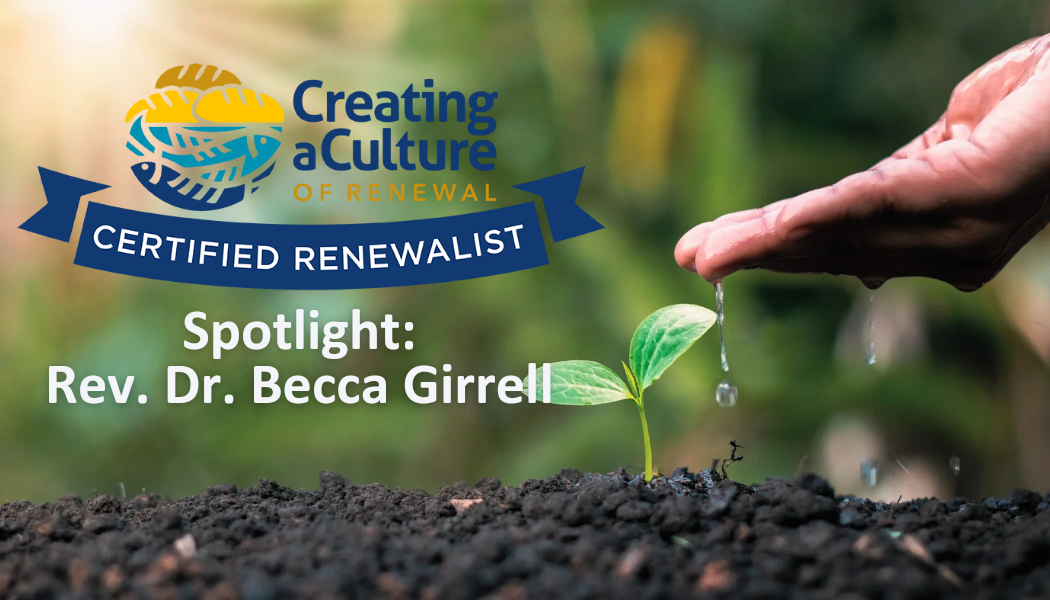
The Hidden Healing Power of Serving Others
Many of our communities have been fractured by contentious issues: politics, immigration, abortion laws, gun rights, issues of human sexuality, and racial justice. The church used to be a place where healing could happen. Yet these days even churches have been caught up in the crossfire.
What does it take to rebuild community in light of post-pandemic and post-disaffiliation realities? In this article I want to explore the hidden healing power of serving others for fractured communities and congregations.
But first, let’s examine a problematic dynamic that keeps churches from employing this hidden healing power of serving others.
When You Lose the Connection To Your Community
When churches lose momentum, they become increasingly inward focused. A great deal of energy is focused on simply surviving. There is little energy left for outreach or meaningful engagement with the community. Perhaps they feel they don’t have the people, the right age group, or the resources to truly engage their communities. However, when a church keeps its inward focus, it loses its raison d’être, its call, and its mission. It loses a connection with the community it is called to serve.
You Can’t Be All Things to All People
While even small churches are eager to be of service, they are up against one dangerous myth. That is the myth that churches have to be all things to all people. Therefore, they don’t try. Or they spread themselves too thin. I want to relieve you of this dangerous myth. Choose one way of being of service and stick to it. You’ll have a much bigger impact this way.
I Had to Choose One Thing and Do it Well
After I left local church ministry and started my own teaching ministry, I tried to be all things to all people. I wanted to lead workshops on every single thing I knew anything about: healing from trauma, recovery from addiction, creating multi-cultural relationships and community, the Jewish roots of Christian practice, emotional intelligence, and leadership development. I don’t need to tell you that this approach to serving others was not sustainable. Physically, I was worn out. Emotionally, I was stretched too thin. Spiritually, I didn’t have a cohesive mission. The bottom line was that I couldn’t be all things to all people. I was on the edge of the burnout that I left the local church to avoid! Instead of trying to be all things to all people, I had to choose one thing and do it well.
Now that I have learned to focus on where I can have the most impact, each and every year dozens of big, bold visions come to life through Creating a Culture of Renewal®. I get to minister to church leaders and watch them come together to build these visions and be of surprising service to their communities.
Put Out the Welcome Bench
My local church, First United Methodist Church in Casper, WY, has found the hidden healing power of serving others.
First UMC is located downtown in an area where many unhoused or unemployed people congregate. Instead of pushing these folks away, as many downtown businesses and city councils do, First UMC put out the welcome bench instead. The Trustees placed first one, then a second, park bench next to an external electrical outlet so others could easily re-charge their cell phones. Without feeling like they were stealing or loitering. Now, with working cell phones they can stay connected to loved ones, job opportunities, and the world at large.
Next, First UMC invited the Salvation Army to set up its mobile healthcare clinic in the church parking lot twice a month. The church has also repurposed a second location to launch a navigation center, Kind Grounds, to connects people and resources. Their end goal? Homelessness itself is a transient phase of life, not a long-term lifestyle.
Meanwhile, classrooms in the church basement are filled many nights each week with 12-step meetings. Recovering addicts, and those who love them, have a safe and welcoming place to get off drugs, deepen their spirituality, and rebuild their lives.
The hidden healing power of serving others is spreading out into the larger community. Instead of feeling invisible, unwanted, or pushed away, the unhoused folks are building a stronger sense of belonging to the community, Meanwhile, the church is building a stronger commitment to hospitality. Compassion for those with different life experiences is more present than ever.
As a result, worship attendance has not only increased, it has diversified. As has its community mindset.
And to think, it all started with serving others who needed easier access to an electrical outlet.
How You Can Tap into the Hidden Healing Power of Serving Others
Building community around the hidden healing power of serving others takes a new kind of leadership ethos. It takes Conscious Leadership. Conscious leadership is the capacity to master yourself in relationship to others, tap into your soul’s spiritual intelligence, and employ the courage of vision. If you want to discover how you can become a more conscious leader, then please join me in a free 60-minute seminar, Elevate Your Ministry: An Invitation to the Power of Conscious Leadership. Or, if you want input on your ministry, click here for a Discovery Session.
Copyright © 2024 rebekahsimonpeter.com. All Rights Reserved.





